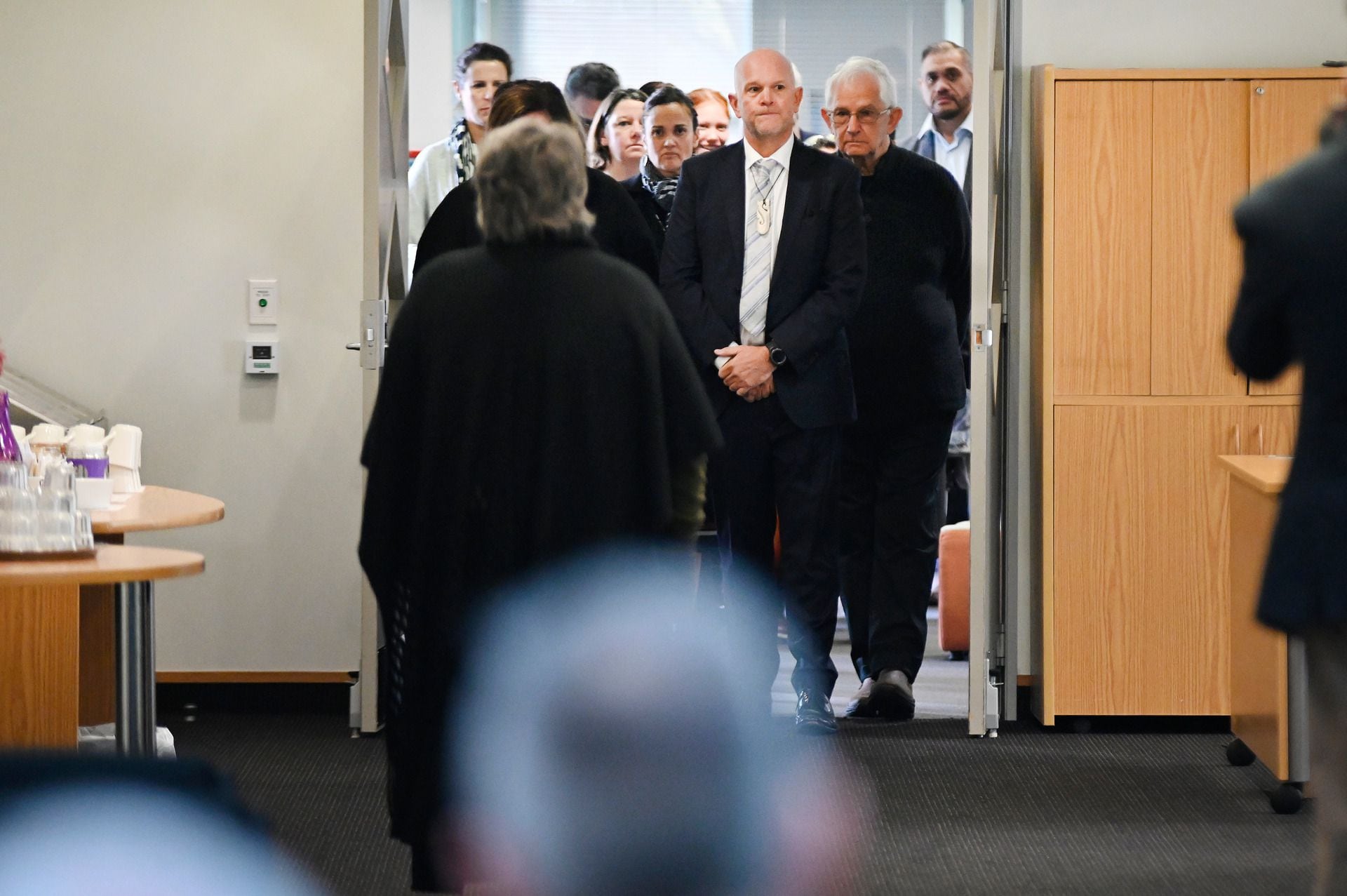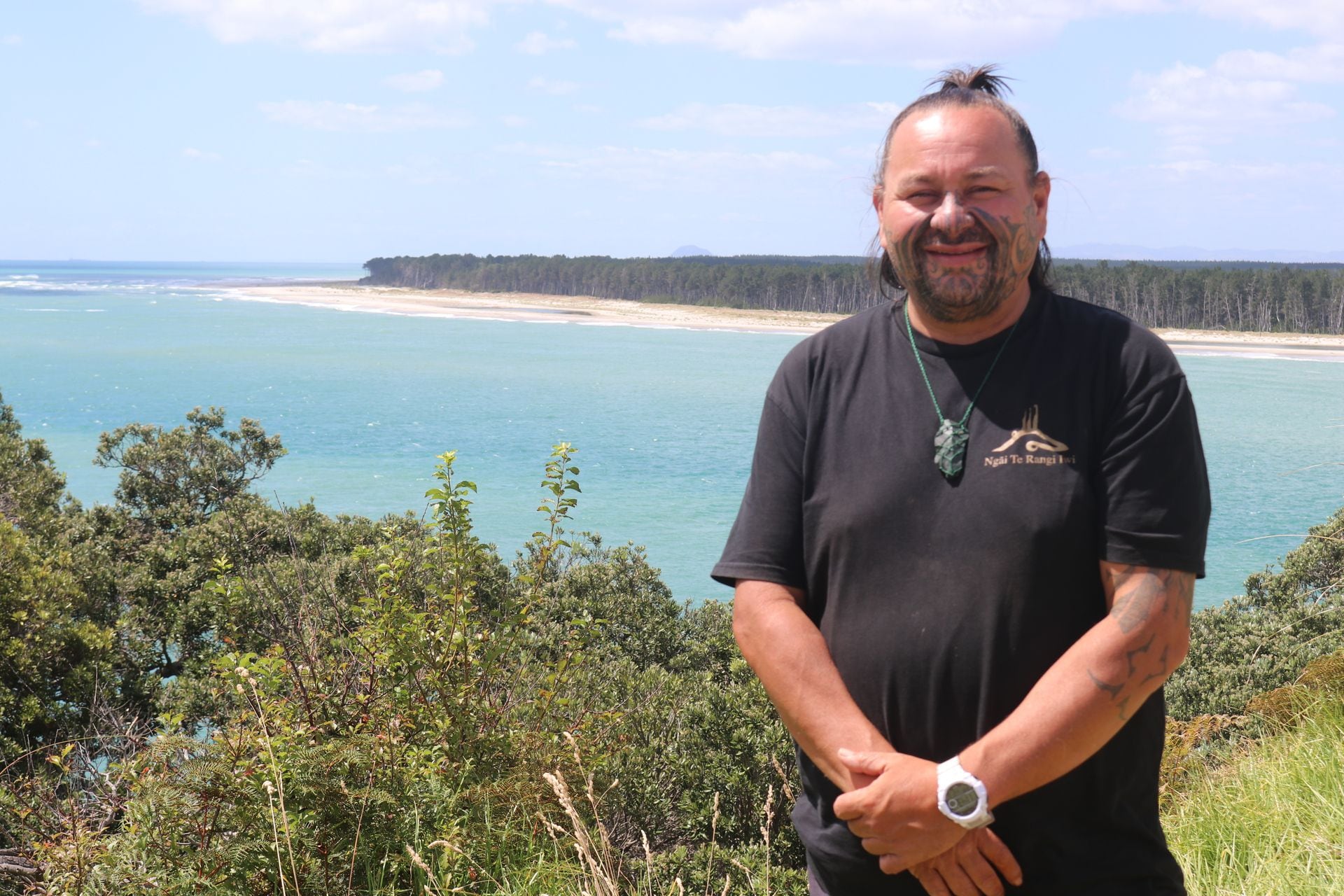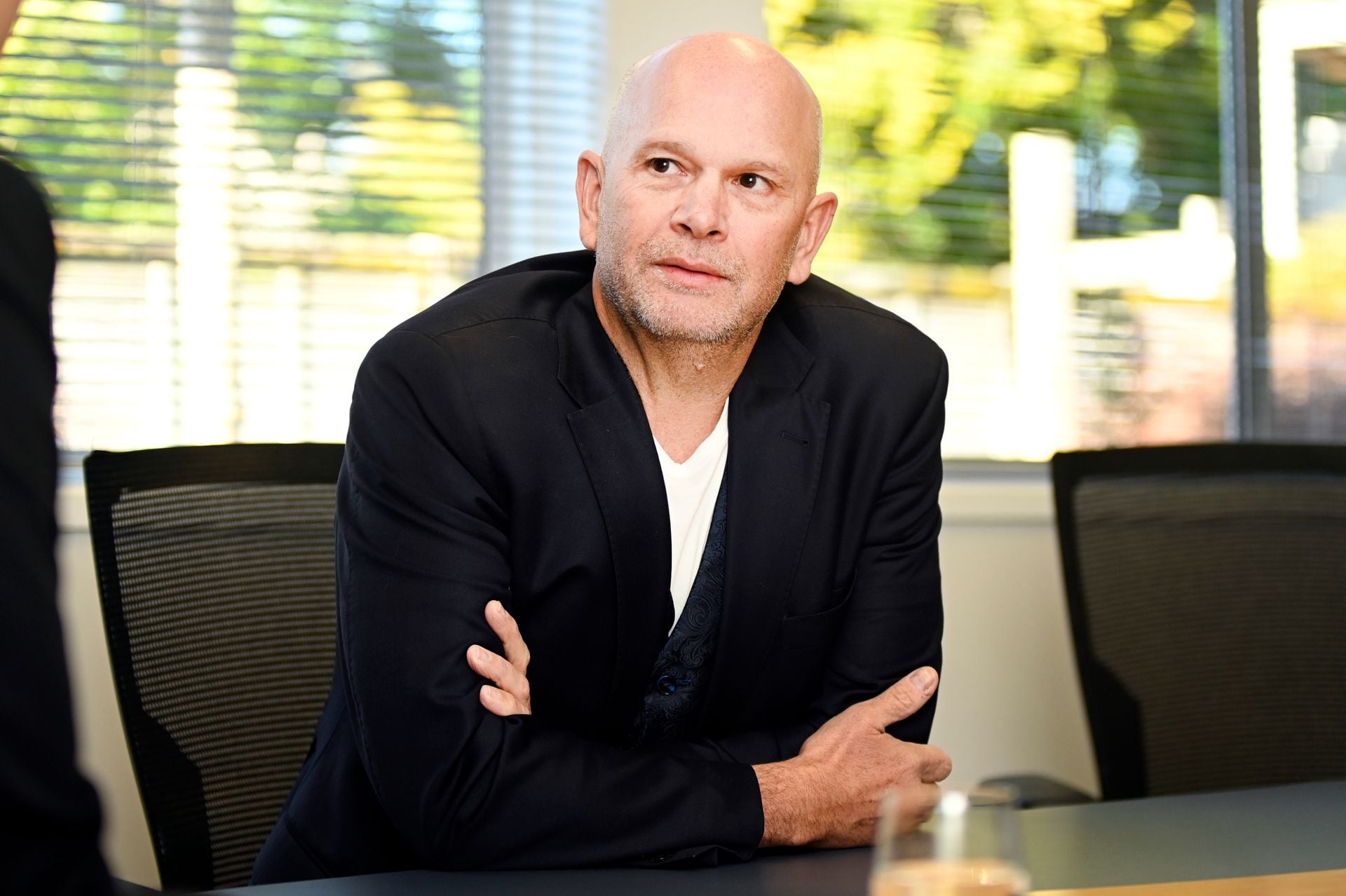Western Bay of Plenty District Council’s chief executive John Holyoake has quit after over three years in the role.
Mayor James Denyer told Local Democracy Reporting on Wednesday Holyoake had resigned on Monday morning and did not provide a reason for leaving.
It was Holyoake’s choice and not initiated by the council, Denyer said.
”There’s nothing nefarious as far as I’m aware. It’s his choice, and I’m sure he can elaborate on that as he might want to.”
Holyoake would remain chief executive until an interim replacement could be appointed, Denyer said.
The chief executive sub-committee met on Wednesday to discuss the interim appointment.
Denyer earlier said in a statement he had valued Holyoake’s insight and advice over the past four years, and wished him well in his “future endeavours”.
“He has guided our council during a time of significant change, and I thank him for what he has achieved.”
The process to select a new chief executive would come as the council prepared for the local government elections in October.
Holyoake joined the council in July 2021 replacing Miriam Taris, who had held the chief executive role from 2014.
He took on the council’s top job after six years as chief executive at Tamaki Regeneration Company - the largest urban regeneration project in New Zealand.
At his welcome pōwhiri he acknowledged the need to work with local iwi and Māori representatives.

Western Bay of Plenty's new chief executive John Holyoake at his welcome pōwhiri in 2021. Photo / George Novak
“I truly believe that partnership with Māori is the true way forward,” he told the meeting.
In May 2022, Holyoake and his team launched the Generation Change/He panoni ā reanga campaign aimed at increasing representation around the council table ahead of the October council elections.
“‘We need to look like, sound like, be like, the people that we’re representing – the people we’re making decisions for,” he told Local Democracy Reporting.
While the 2022 elections resulted in less diversity amongst council members, Holyoake said the campaign was still a win and was “much bigger than elections”.
“We [council] connected with a diverse range of people from our communities, with different lived experiences, and that has been fantastic.”
In 2023 councillors were faced with the decision of whether to establish a Māori ward for the 2025 election.
The ward was adopted after a nine-12 vote, which was celebrated by council and iwi.

Te Kāhui Mana o Tauranga Moana forum chair Reon Tuana
Te Kāhui Mana o Tauranga Moana forum chair Reon Tuanau told LDR the ward had been a long time coming.
The council had to reaffirm this decision after a change in government policy in September last year.
At the time, Tuanau said the vote to keep the ward showed the work Māori had been doing with the council had value.
“The relationship is alive and well.”
Marty Grenfell of neighbouring Tauranga City Council said he had enjoyed working with Holyoake as a fellow chief executive in the Bay of Plenty.
“John brought a lot of energy and new thinking to the sector, and challenged the status quo with a view to achieving better outcomes for the community.”
Originally from Rotorua, Holyoake had family ties to Te Puke and Welcome Bay, and being closer to his family was a key reason behind him taking on the leadership role, he previously told SunLive.
LDR is local body journalism co-funded by RNZ and NZ On Air.




0 comments
Leave a Comment
You must be logged in to make a comment.